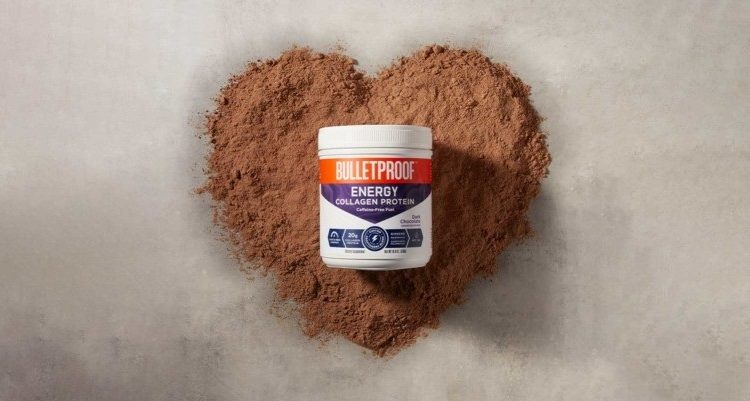Magnesium is an essential mineral that plays a role in over 300 biochemical reactions in the body. Getting enough magnesium ensures proper muscle and nerve function, keeps bones strong, regulates blood pressure, and more. Magnesium glycinate is a highly bioavailable form that is gentler on the stomach forms like magnesium oxide. This form has superior bioavailability compared to inorganic forms of magnesium such as magnesium oxide or magnesium sulfate.
Bioavailability refers to the amount of the nutrient that is absorbed and utilized by the body. Magnesium glycinate has high bioavailability because glycine, a small amino acid, helps transport magnesium across the intestinal wall. The magnesium and glycine molecules remain bonded throughout this process, helping to prevent the laxative effect sometimes associated with magnesium supplements. Magnesium glycinate is an excellent option for those with sensitive stomachs or who want to avoid loose stools. The glycine may also have calming effects on the body.
Benefits of magnesium glycinate
Magnesium plays a crucial role in hundreds of bodily processes. It supports muscle and nerve function, protein synthesis, blood glucose control, blood pressure regulation, energy production, and more. Getting sufficient magnesium ensures your body carries out these processes optimally. Some specific benefits of magnesium glycinate supplements include:
- Relaxation and stress relief – Glycine has calming effects on the body, helping promote relaxation. Magnesium also helps regulate the stress response. Together, they may help ease anxiety and promote restful sleep.
- Bone health – the best magnesium is important for calcium absorption and bone formation. Magnesium glycinate helps strengthen bones and prevent conditions like osteoporosis.
- Migraine relief – Magnesium deficiency is linked to migraine headaches. Supplementing with magnesium glycinate may help reduce migraine frequency and severity.
- Blood sugar control – Magnesium helps regulate blood glucose levels and insulin sensitivity. Magnesium glycinate may aid in blood sugar management.
- Regularity – Magnesium draws water into the intestines, acting as an osmotic laxative. Magnesium glycinate is gentler but still helps promote regularity.
Choosing a quality magnesium glycinate
When searching for a magnesium glycinate supplement, keep the following factors in mind:
- Form – Look for products specifically labeled as magnesium bis-glycinate, which indicates the magnesium is bound to two glycine molecules. This improves absorption. Avoid magnesium glycinate lysine, which contains lysine instead of glycine.
- Dose – Look for approximately 100-200mg elemental magnesium per serving, enough to meet the RDI without exceeding the upper limit. Make sure the label distinguishes elemental vs weight.
- Additional ingredients – Avoid unnecessary fillers, binders, and additives like magnesium stearate. Look for shorter ingredient lists.
- Reputable brand – Search for brands that adhere to good manufacturing practices (GMP). Look for NSF Certified for Sport or other 3rd party testing seals to ensure purity and potency.
- Minimal additives – Look for capsules made from cellulose or plant sources, not gelatin. Vegetable magnesium stearate is preferable over stearic acid. Avoid unnecessary dyes, titanium dioxide, and other additives.
- Price – Expect to pay $15 to $25 for a high-quality supplement with 60 to 120 capsules. Compare cost per serving when factoring in price. Avoid products priced suspiciously low.







